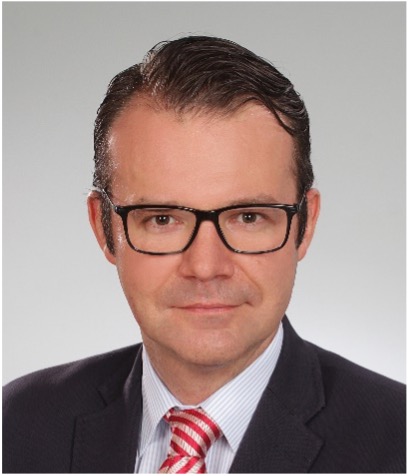
Prof. Dr. Norman Sartorius
Professor Sartorius obtained his M.D. in Zagreb (Croatia). He specialized in neurology and psychiatry and subsequently obtained a Masters Degree and a Doctorate in psychology (Ph.D.). He carried out clinical work and research and taught at graduate and postgraduate levels at the University of Zagreb, at the Institute of Psychiatry in London, at the University of Geneva and elsewhere.
He joined the World Health Organization (WHO) in 1967 and soon assumed charge of the programme of epidemiology and in social psychiatry. He was the principal investigator of several major international studies on schizophrenia, on depression and on health service delivery. He was responsible for WHO’s work on the classification of mental and neurological disorders. The growth of the programme under his leadership lead to the elevation of the programme from a Unit to the Division of Mental Health of which he was the first director. He held this position until 1993 when he was elected President of the World Psychiatric Association (WPA). He served as the President of WPA until August 1999. Subsequently he became President of the Association of European Psychiatrists (EAP) a position held until December 2001.
He is the President of the Association for the Improvement of Mental Health Programmes and a member of the Geneva Prize Foundation having previously been its President. Professor Sartorius holds professorial appointments at the Universities of London, Prague and Zagreb and at several other universities in the USA and China.
Professor Sartorius has published more than 400 articles in scientific journals, authored or co-authored books and edited a number of others. Professor Sartorius is a corresponding member of the Croatian Academy of Arts and Sciences and of the Spanish Royal Academy of Medicine and a honorary member of the Medical Academies of Croatia, Mexico and Peru. He holds honorary doctorates of the Universities of Bath, Copenhagen, Prague and Umea and is a honorary fellow of the Royal College of Psychiatrists of the United Kingdom of Great Britain, of the American College of Psychiatry and of the Royal Australian and New Zealand College of Psychiatrists. He is also a Distinguished Fellow of the American Psychiatric Association.
He is an Honorary Member of numerous professional associations and advisory boards, both national and international. He is the co-editor of three scientific journals and a member of editorial and advisory boards of many scientific journals. He speaks Croatian, English, French, German, Russian and Spanish.
Miercuri, 7 iunie 2023, 15:00-16:00
Prof. Univ. Dr. Norman Sartorius
Co-morbidity of mental disorders and physical illness: the chief challenge for medicine and psychiatry today





